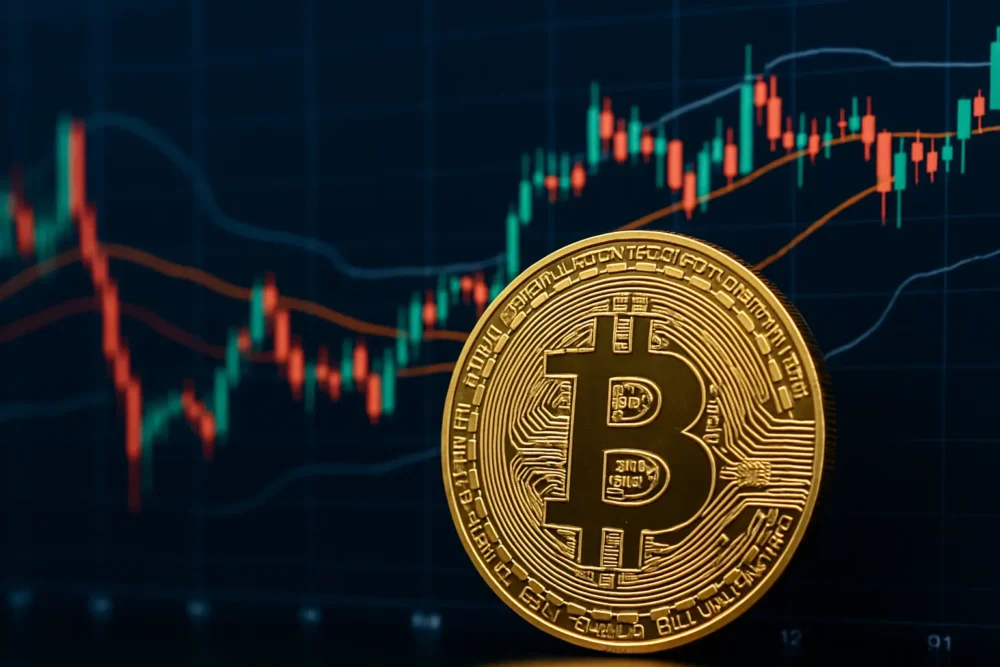Ethereum spot exchange-traded funds (ETFs) have finally seen a positive inflow after a tough period of nine consecutive days of losses.
Latest data shows that these funds have attracted a net inflow of $5.8 million, marking a hopeful sign for investors who have been concerned about the recent outflows.
Leading the way in this turnaround is BlackRock’s ETHA ETF, which brought in a substantial $8.4 million.
Fidelity’s FETH ETF also contributed positively, adding $1.3 million to the total inflow. However, not all funds were in the clear.
Grayscale’s ETHE ETF still faced challenges, with $3.8 million withdrawn from it. This ongoing selling pressure suggests that while some investors are regaining confidence, others remain cautious about the future of Ethereum ETFs.
Longest outflow streak since launch
The recent inflows are particularly significant given the difficult period Ethereum ETFs have just gone through.
For nine straight days, these funds experienced net outflows, making it the longest streak of losses since they started trading last month.
The impact of these outflows has been considerable, bringing the total net flow of Ethereum ETFs to nearly $500 million within just five weeks of their launch.
Analysts from JPMorgan had predicted that Ethereum ETFs would face more challenges than Bitcoin ETFs.
They pointed out that the absence of staking options, which allow investors to earn rewards by holding Ethereum, and lower liquidity in the Ethereum market were likely to contribute to weaker performance.
The outflows from Grayscale’s ETHE ETF were particularly surprising, exceeding expectations and sparking discussions among asset managers.
Some are now considering the potential benefits of launching a combined Bitcoin and Ethereum spot ETF as a way to attract more investors.
Meanwhile, Bitcoin ETFs are also facing difficulties. On Wednesday alone, spot Bitcoin ETFs saw a total net outflow of $105 million.
Grayscale’s GBTC ETF, which is one of the most prominent Bitcoin funds, lost nearly $8 million, while its smaller counterpart, the Grayscale mini ETF BTC, saw an outflow of around $8.8 million.
Another significant outflow came from ARKB, which lost $59.3 million. Despite these challenges, the overall net inflow for Bitcoin ETFs remains positive at $17.85 billion, thanks to previous strong performance.
In addition to the developments in the US market, BlackRock is also making strides internationally, particularly in Brazil.
On 28 August, BlackRock launched an Ethereum ETF on the Brazilian stock exchange, B3, under the ticker ETHA39.
This new offering is designed to be accessible to both retail and institutional investors in Brazil, a country that has been at the forefront of integrating crypto-tied products into its financial markets.
The Ethereum ETF in Brazil is structured as a depositary receipt, a type of security that represents shares in a foreign fund. This allows Brazilian investors to trade the ETF in their local currency while still gaining exposure to Ethereum.
To make the fund more appealing, BlackRock has priced the ETF at one-third of its original value, making it more affordable for local investors.
Additionally, the management fees are set at 0.25% annually, which is consistent with the fees charged in the US.
However, to further attract investors, BlackRock has offered to reduce these fees to 0.12% for the first year or until the fund reaches $2.5 billion in assets under management.
This launch in Brazil follows the successful introduction of BlackRock’s iShares Bitcoin Trust in the country earlier this year.
That Bitcoin ETF, also available through a depositary receipt, quickly became the fastest-growing ETF in history over a three-month period, highlighting the strong demand for crypto-related investment products in Brazil.
With the introduction of this new Ethereum ETF, Brazilian investors now have access to 15 ETFs or depositary receipts tied to digital assets.
In addition to BlackRock’s offerings, Brazilian regulators have recently approved the world’s first spot Solana-based ETF, which is expected to launch soon.
This adds another option for investors looking to diversify their portfolios with digital assets.

